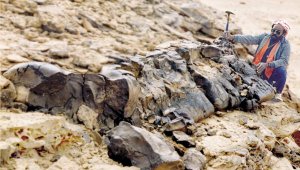Creating a (Better) Fake Post with a WordPress Plugin
I was looking to create a fake page in a WordPress plugin I’m working on in my (all too limited) spare time. It may seem a little silly to try to create a fake page with a plugin but this could be useful for any plugin that will display information to the readers of the blog (outside the admin panel), like statistics, contact pages or about pages. Luckily there is a handy tutorial for creating a fake posts. But although the plugin cleverly tricks WordPress into displaying a post created dynamically by the plugin itself, WordPress is clever enough to know something is wrong and sends a 404 error before sending the plugin-created content. Although many browsers will still display the page, this is a problem for any text-based browser or if you want the page to be indexed by search engines and (for me at least) just kind of grates to know my magnificent new plugin isn’t actually performing correctly. Anyway, this happens because WP->handle_404() called by WP->main() in classes.php checks how many posts were found which, in this case, is 0 since there is no real post for the requested URL. To get around this problem, we need to make sure we trick WordPress before this function is called. Luckily we can catch WordPress immediately after it (unsuccessfully) looks for posts before any other function can figure out anything is wrong by using the the_posts filter.
